Meet an Educator is a monthly series by Early Bird, where we feature the work of educators across India who are actively spreading the joy of birds and nature. This month’s featured educator is Adithi Muralidhar, a nature educator from Mumbai who works on contextualising outreach for impactful nature learning.
Do tell us about yourself, where you are from, and your work
I am Adithi and I work in the space of education research in Mumbai. My work involves developing relevant and contextualized resources for environment education for children in India. For example, developing these handouts for beginner bird watchers or collaborating with a colleague to develop this interactive resource on birds. A part of my work also involves trying to understand how children learn these subjects; and how educational practitioners can better facilitate modules in these areas. Apart from this, I run a nature blog called “Earthly Notes” where I write on wildlife, sustainability and education.
Are you a birder? What about bird watching excites you?
Yes, I think I would call myself a birder. I have been interested in bird-watching for as long as I can remember. Everything about bird-watching is exciting for me. Visiting a new place, intently keeping your eyes and ears open, looking for movements in the foliage, stumbling upon unexpected birds, walking into a mixed-hunting party … Everything is exciting!
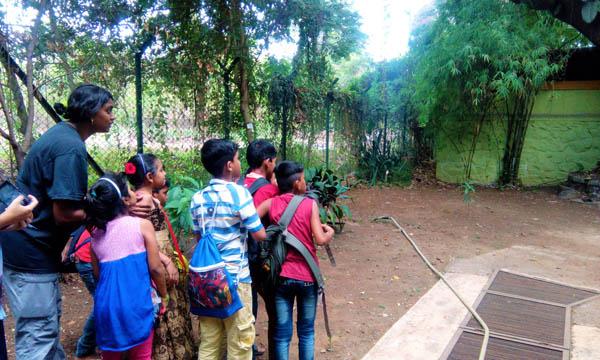
When and how did you get interested in bird/nature education?
Working in the space of education probably was an organic trajectory for me. Though my primary training was in zoology, I found myself most happy interacting with young minds, discussing nature, wildlife and sustainability. Education is a field where you are constantly exposed to a new generation each year and this brings about a rich learning curve.
What do you hope to achieve through your education work?
Apart from the obvious aim which is to rekindle people’s love for nature, I am also hoping that my work will help expand people’s notion of nature and its inter-connectedness across disciplines. Engaging in nature / environment conservation requires one to comprehend the complex nature of our environmental problems which cannot be reduced to simplistic actions and behaviour. For example, even seemingly disconnected actions around waste management in a city are connected to the bigger issues of nature conservation and preservation.
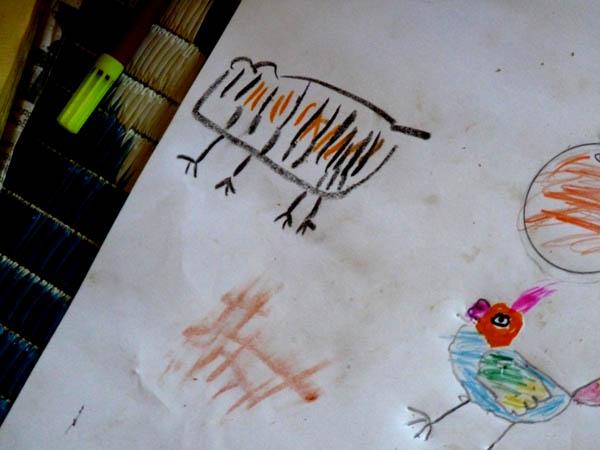
Why do you believe it is important for children to learn about birds or connect with nature?
As stated above, I think it is very important to have a mindful relationship with nature whilst trying to understand the complexities of it. These ideas cannot be formed overnight. It is important that children are exposed to the range of issues that involve nature and its conservation so as to help them develop this holistic perspective of looking at things. Of course, ideally, at the very heart of this understanding is also love and appreciation for nature.
What tools or resources have helped you in teaching about birds? Can you describe an approach that has worked exceptionally well for you?
A combination of physical and digital resources coupled with interactions with experts in the field is useful. This could mean engaging students with photos and videos, games, skill building exercises, introducing children to socio-scientific issues etc in addition to spending time outdoors has usually been helpful when teaching about birds/nature. I don’t think there are any specific approaches that I prefer, because it depends on the context (socio-cultural) of where you are working (mountains/ islands/ forests/ urban / rural) and whom you are working with (adults/ children/ teenagers).
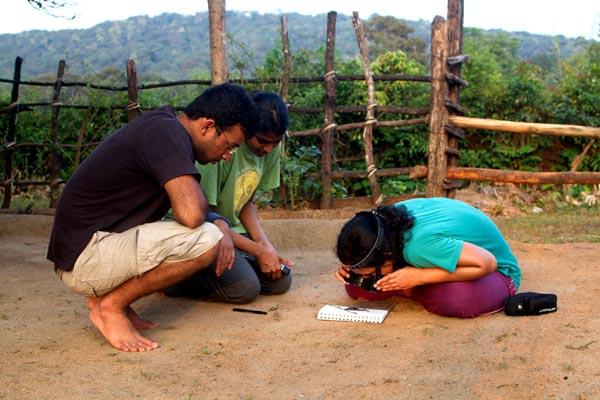
Have you encountered a significant challenge as a bird/nature educator, how did you overcome it?
I think one of the challenges I face is the ‘starting trouble’ that adults (eg: teachers) face when engaging in activities around bird-watching. If you have a group of people who are already inclined towards nature or bird watching, initiating them into activities around bird-watching is easy. But if they are not so keen, then breaking the barriers is an up-hill task. One way to get the uninitiated and uninterested excited about bird watching is to engage them in learning games that help develop observation skills. You can check out some of these games in this learning unit we developed.
Do share any memorable moment or experience you have had in teaching kids about birds/nature. Can you recall any insightful instance that shaped your perspective?
My memorable moments have come when I least expected it. I have had my students/ friends/ colleagues come back to me (even years later), telling me that my interactions with them motivated them to act in ways that are more environmentally conscious or that they have taken up birdwatching more seriously now. For me, these instances are my greatest source of happiness and which motivates me to continue my work in this area.
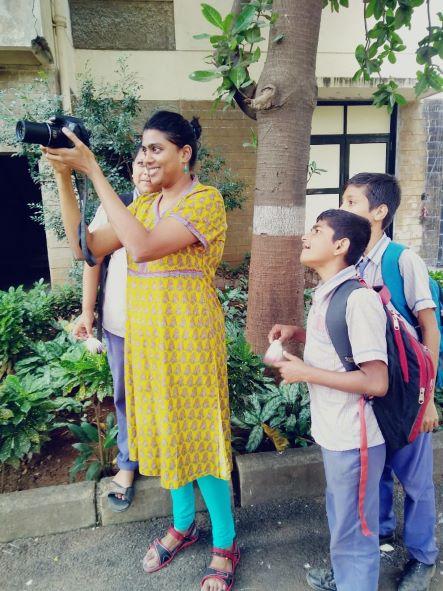
Have you noticed any changes in your learners after they received exposure to birds and nature-based learning? If yes, what are they? If not, why do you think that is?
Attitudinal and behavioural changes don’t happen overnight or over a couple of awareness sessions. There are various factors that contribute to how a learner’s actions change over time. I feel this is something educators need to make peace with. Perhaps, for me it is the instances I have shared in the previous question that serve as small indicators of impact.
What message would you have for your fellow educators, or somebody starting out in their nature education journey?
Let us appreciate that we live in a land of diversity both in terms of nature and culture. It follows that there can never be a specific formula that educators can use for nature and environment education that will guarantee inculcation of an environmentally conscious ethos in an individual. There are too many factors involved. Make peace with that and move forward!
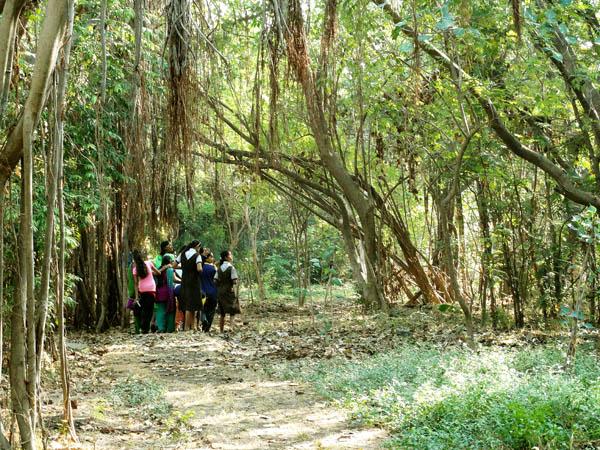

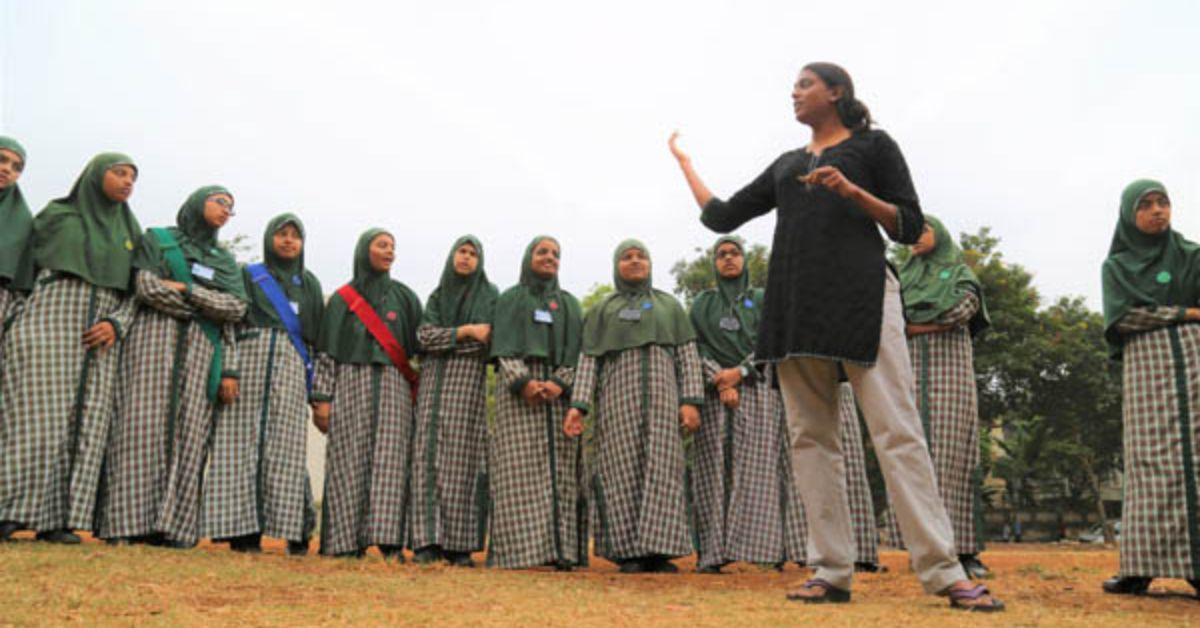
Hello Aditi,
I am Seema from Bangalore. I am a school teacher and I teach young children on nature. How can I get in touch with you?
please call me on 6362182710
Hi Seema,
You can connect to Adithi at adithi(at)hbcse(dot)tifr(dot)res(dot)in
Thank you Seema for reaching out. Do email me at the given email address or at earthlynotes[at]gmail[dot]com